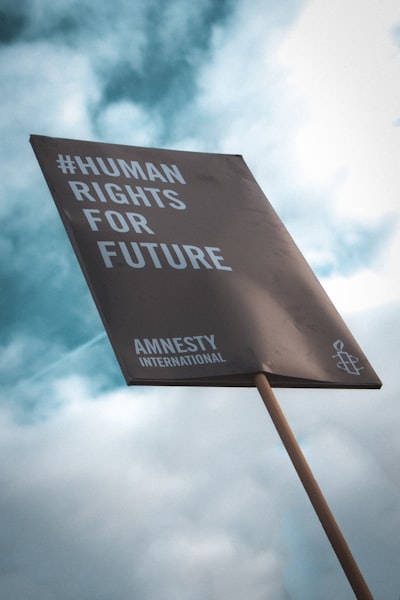Tanzania Human Rights Abuses – A Wake-Up Call for East Africa and the World
Allegations of sexual torture and state-sanctioned abuse have recently drawn global attention to Tanzania, as prominent East African activists Boniface Mwangi and Agather Atuhaire announced their intent to take legal action. Their harrowing accounts of illegal detention, physical abuse, and sexual assault while attending an opposition court hearing in Dar es Salaam have ignited crucial debates about political repression, government accountability, and the alarming trend of targeting not just citizens but foreign critics within Tanzania’s borders.
Political Repression in Tanzania: Trends and Triggers
- Crackdown on Opposition: The detainment and alleged abuse of Mwangi and Atuhaire underscore a broader pattern of state action against dissent. Incidents, including the charged treason case against Chadema's Tundu Lissu and the deregistration of political churches, reveal deepening intolerance towards criticism ahead of the 2025 Tanzanian Presidential elections.
- Return to Fear Tactics: Critics note President Samia Suluhu Hassan’s government, despite initial steps towards openness after John Magufuli's era, now appears to lean on security forces to silence opposition. Increased reports of kidnappings, disappearances, and extrajudicial violence are raising alarms at home and abroad.
Sexual Torture and State Violence: Why These Allegations Matter
- Escalating State Abuse: The use of sexual violence as a weapon by state actors is an egregious violation of human rights, compounding physical trauma with lasting psychological scars. It signals to both domestic and external critics that no one is safe, aiming to stifle activism through fear and humiliation.
- Regional Diplomatic Fallout: The abuse of foreign nationals signals a new and concerning shift, threatening East African diplomatic relations. It challenges the credibility of Tanzania as a rights-respecting nation and puts pressure on regional bodies like the African Court on Human and Peoples’ Rights.
How Can Victims Seek Justice in East Africa?
With national courts often under government pressure, activists are turning to:
- Regional Courts: The East African Court of Justice and the African Court on Human and Peoples’ Rights may offer avenues for justice when domestic remedies fail.
- International Advocacy: Global NGO campaigns and international media spotlights can amplify victims’ voices, pressuring governments to investigate and reform.
The Search for Reform: What Can Be Done?
- Constitutional Reform Demands: Ongoing calls to revise Tanzania’s constitution underscore the need for stronger legal protections, checks on presidential power, and institutional independence.
- Solidarity Across Borders: The targeting of foreign activists has fueled pan-African solidarity, fostering new alliances among East African civil society organizations united against authoritarianism.
- Information Security: Activists are increasingly using encrypted messaging and secure whistleblower channels to document abuses, mitigate reprisals, and reach global audiences (see: reporting tools recommended by The Guardian).
Why Should the World Pay Attention?
- Emerging Elections Flashpoint: Tanzania faces its first presidential election under Hassan this October. Allegations of political violence and systematic abuse directly threaten the prospects for a free and fair electoral process.
- Implications for Human Rights Worldwide: If unchecked, Tanzania’s tactics could embolden other regimes in Africa—and beyond—to silence critics using brutal methods, undermining human rights norms globally.
FAQ – Tanzania Human Rights, Torture Allegations, and Political Crackdowns
Q: What should I do if I have information about human rights abuses in Tanzania or East Africa?
A: Use secure, encrypted channels like SecureDrop, or confidential news tip lines to protect your safety while contributing to public interest reporting.
Q: Are there recent improvements in Tanzania’s human rights situation?
A: After a brief post-Magufuli opening, recent trends suggest a sharp reversal, with increased oppression and state violence reported in 2024–2025.
Q: Can regional or international courts help victims of torture in Tanzania?
A: Yes, though they face legal and political challenges, regional courts can provide recourse when national systems are co-opted or ineffective.
Key Takeaways and Next Steps
Tanzania’s crackdown is more than a national crisis—it is a litmus test for the resilience of human rights protections across Africa. As global attention intensifies, sustained pressure for meaningful legal and constitutional reforms is crucial. Journalists, activists, and citizens worldwide have a stake in demanding accountability, safeguarding democracy, and ensuring justice for victims of state violence.
For further reading:

Comments
No comments yet. Be the first to comment!